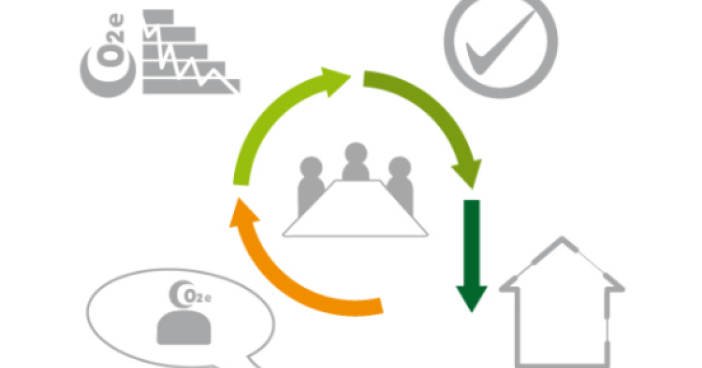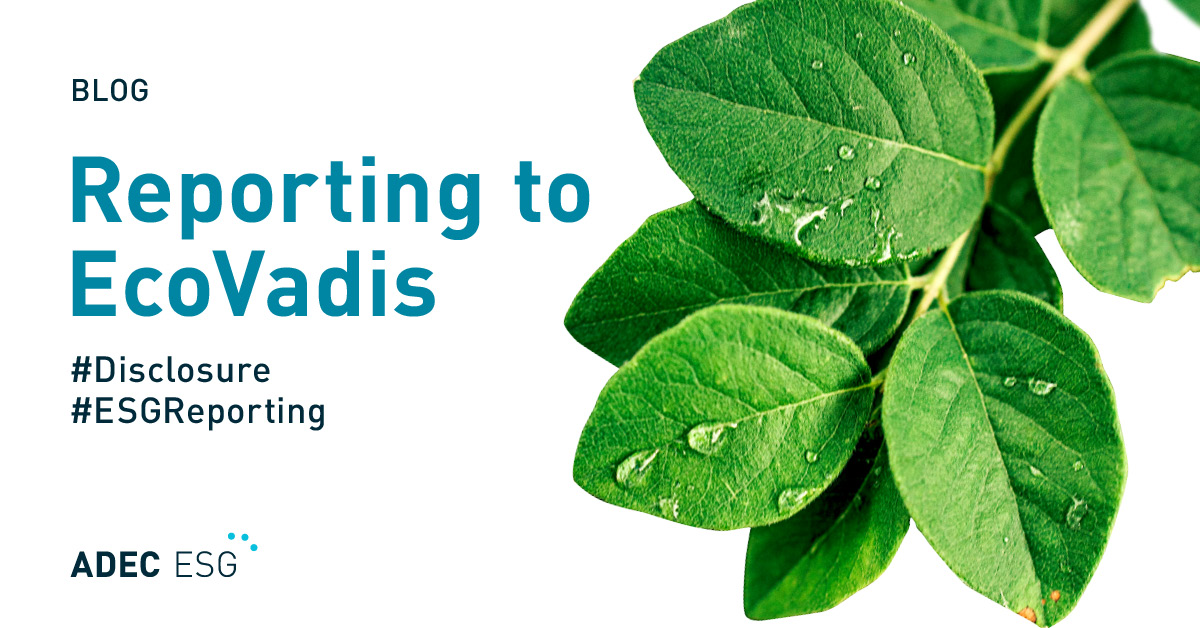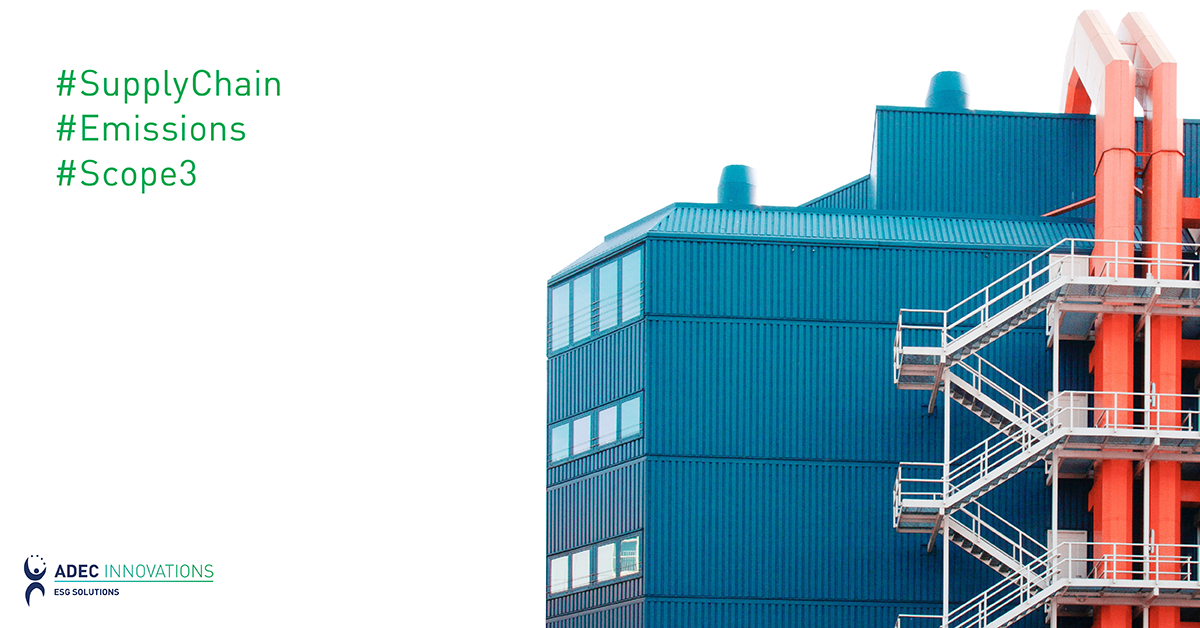Supply chains provide the basic building blocks that allow us to produce and deliver our products and services, and they are essential components in every organization. No matter what kind of business you are in, successfully understanding the sustainability of your supply chain is now a part of everyday operations.
Latest Regulations and Guidelines
The Federal Trade Commission (FTC) recently released its revised “Green Guides,” a set of guidelines meant to help and remind marketers and advertisers that environmental claims, like all others, need to be “truthful and non-deceptive.” While the guides aren’t technically regulations, they describe the types of environmental claims the FTC may or may not find deceptive under Section 5 of the FTC Act. The Act allows the FTC to take “enforcement action” against deceptive claims, which can lead to Commission orders prohibiting deceptive advertising. If a company then violates these orders, it would be subject to fines.
State regulations add even more for executives to consider. Take for example California Business and Professional Code 17580, which not only reinforces and codifies FTC regulations but reaches further by requiring “any person who represents in advertising or on the label or container of a consumer good that the consumer good that it manufactures or distributes is not harmful to, or is beneficial to, the natural environment…..” to not only be careful about the language used to make a claim, but to keep extensive records to support claims including, “any significant adverse environmental impacts directly associated with the production, distribution, use, and disposal of the consumer good.” Once again, this points to fully understanding the trade-offs inherent in the supply chain that are directly related to production.
Holistically Review and Understand Trade-Offs
During supply chain optimization efforts, it’s important for executives to be mindful that when improving one benchmark, it may adversely impact another. Companies need to look holistically at the supply chain to balance any trade-offs that will have to be made. Successful companies often find incremental solutions that gradually improve environmental performance while minimizing burden in other areas.
It is critical that companies determine the best supply chain measures that meet their specific requirements and strategic goals, and then analyze and compare those measures to understand if – and where – any trade-offs might occur. Through life cycle assessments that leverage what-if scenarios, and modeling and risk/opportunity matrices, companies can strike the right balance as they optimize supply chain operations and reduce their supply chain’s environmental footprint.
Life Cycle Assessment Services
In addition, by utilizing the latest in life cycle assessment consulting services, network design, and optimization and planning systems – which incorporate environmental footprint considerations – executives can incorporate environmental practices within their supply chains, while at the same time provide people with a transparent view of their entire supply chain.
Companies today can and should be a force for good, blazing the trail on how to care for the environment. By adopting cutting-edge tools and services to help better understand companies’ environmental challenges and opportunities, executives can indeed adapt to the inevitable trade-offs while still achieving environmental and financial success together.
ADEC ESG is a leading provider of sustainability solutions with a global network of clients, including organizations and government agencies both large and small. Our team delivers fully integrated, proven, cost-effective solutions, from ESG roadmap analysis to stakeholder and supply chain engagement. Want to learn more about how we can help? Contact us today to discuss how our experts can support you on your Sustainability Journey.




